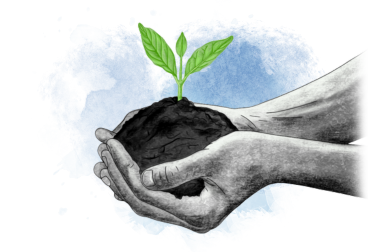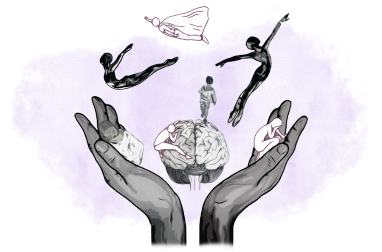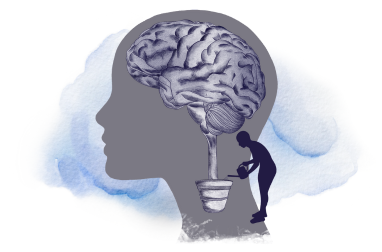Some might say that to be human is to experience trauma. Trauma affects people of all ages, of all walks of life and across the globe.
The footprint that each of our traumatic experiences leaves in our body, heart and mind varies greatly, depending on how early, how frightening, how often and how long we had to survive our trauma for.
How trauma affects us is also influenced by how alone we were during the experience and in the months afterwards
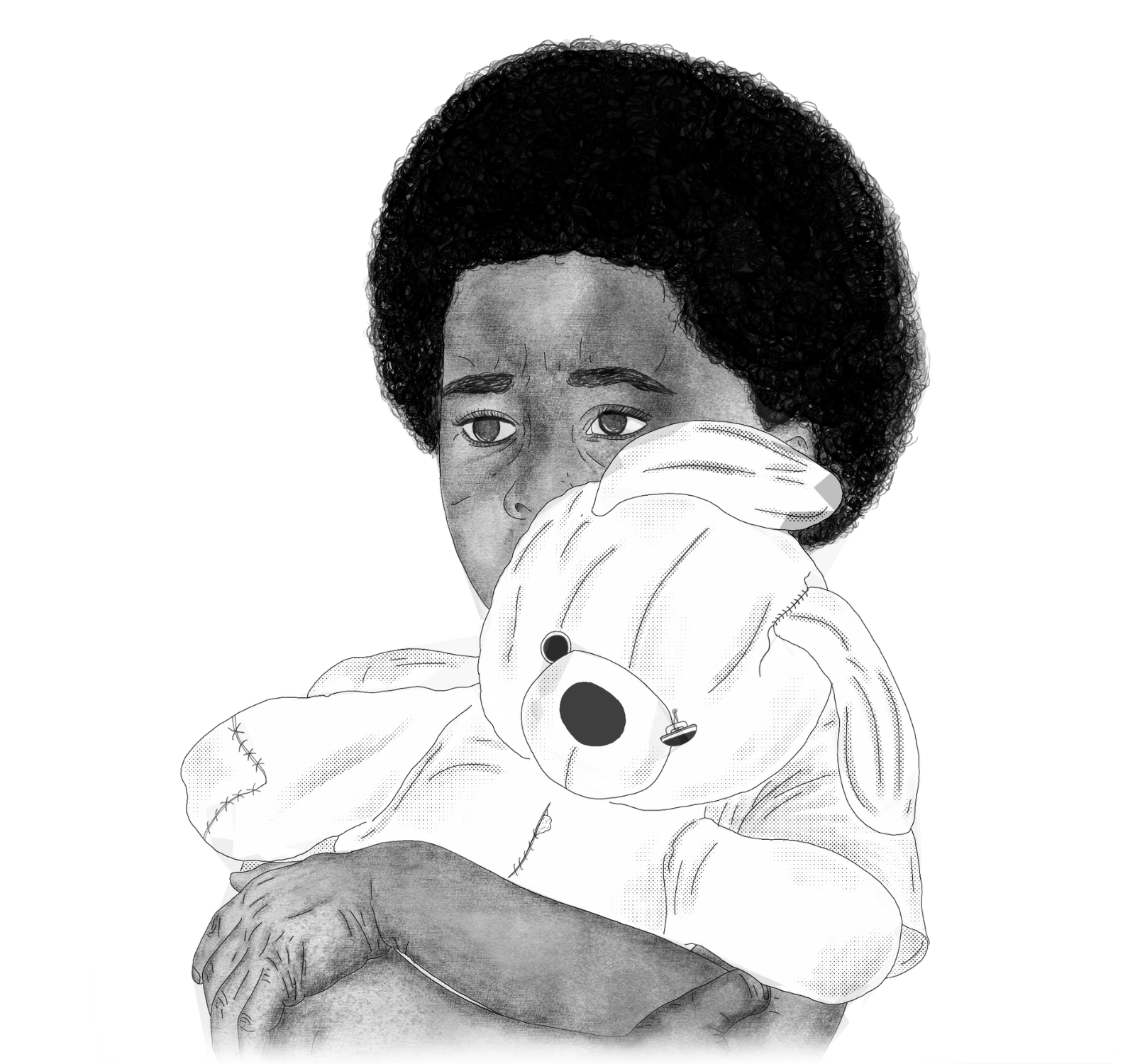
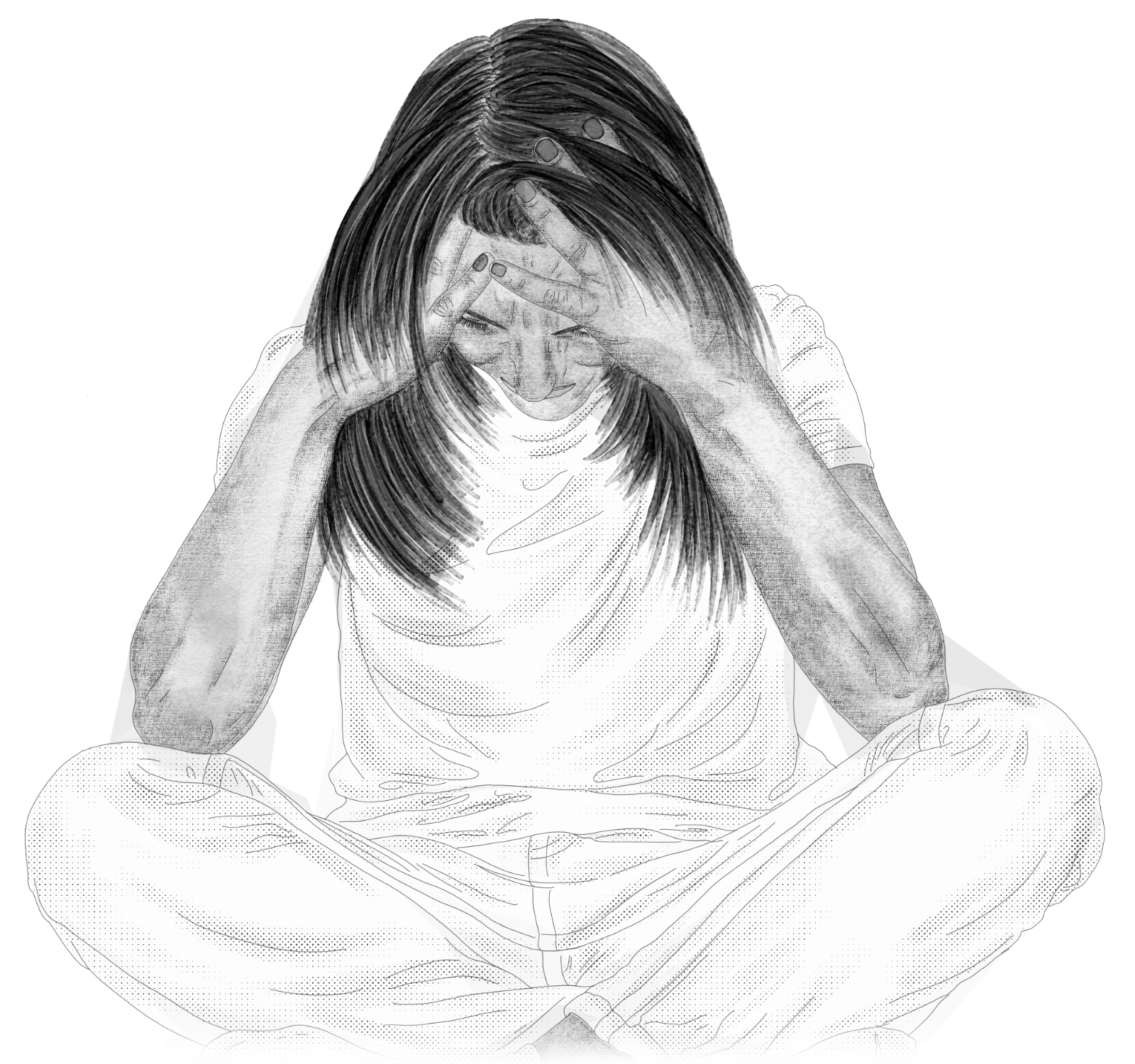
At the Shannon Moore Trauma Trust, we wholeheartedly believe that human responses to trauma are always our wisest adaptations to experiences which were deeply threatening to our safety or to our integrity.
By seeing trauma ‘symptoms’ as survival strategies, we can hold space for compassion, patience and hope while the old survival responses are un-learnt and new ways of relating to ourself, to others and to the world are integrated over time.
It’s important too to understand that trauma does not exist just within individuals. Trauma can be a collective experience, such as the pandemic, and it can also be a trans-generational experience, such as racial discrimination and marginalisation. Sometimes healing comes from connecting with our community, sharing stories and no longer feeling alone.
For more information about trauma, take a look here:
- Beacon House website
- istss.org (International Society for Traumatic Stress Studies)
- nctsn.org (National Child Traumatic Stress Network)
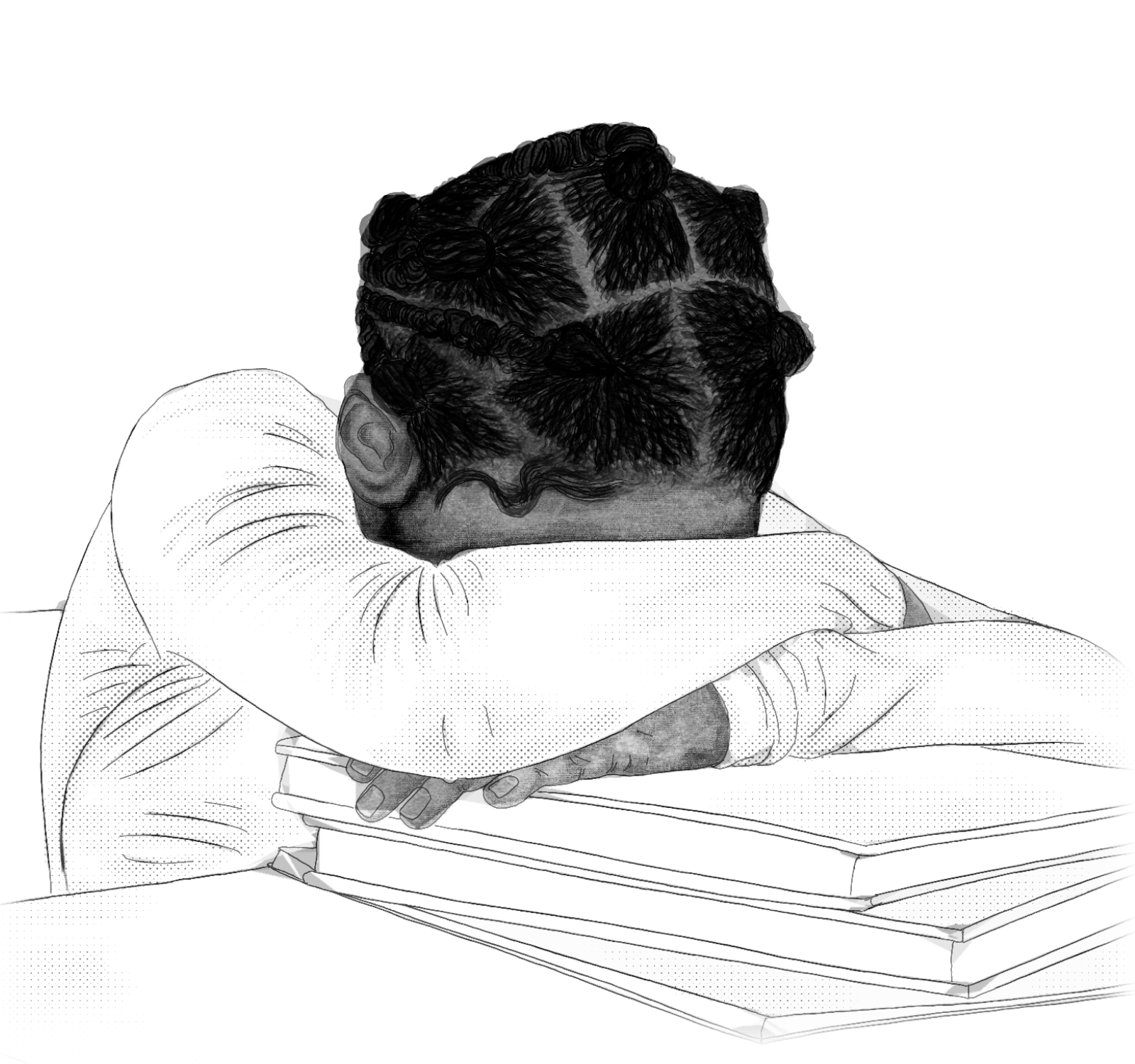
Discover more
Get in touch
The best way to contact us is via email:
[email protected]Please note that our email inbox is not monitored all day, every day so there may be a short delay in us coming back to you.

